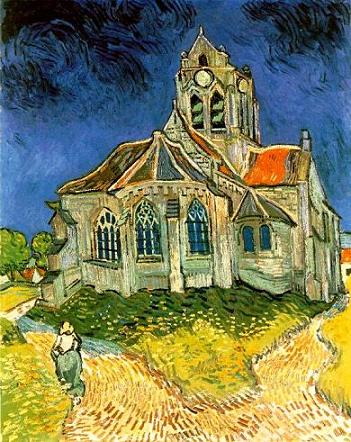Treating anxiety, stress, phobias, panic...
- Psychoanalytic psychotherapy
- Psychoanalysis
- Therapy for gifted children and adults
- Psychological assessment
- Therapeutic relaxation
- Mental health professionals
- Mental disorders and the way to cure them
- Aches and pains
- ADD and ADHD
- Anxiety
- Being addicted
- Clinical depression
- Obsessive-compulsive disorder
- Sexual problems
Anxiety is a symptom which is present in many psychological disorders. It is the main symptom in:
Panic attacks
They are abrupt surges of intense fear that reach a peak within minutes, and during which time four or more of the following symptoms occur:

- Palpitations, pounding heart, or accelerated heart rate,
- Sweating,
- Trembling or shaking,
- Sensations of shortness of breath or smothering,
- Feeling of choking,
- Chest pain or discomfort,
- Nausea or abdominal distress,
- Feeling dizzy, unsteady, lightheaded, or faint,
- Chills or heat sensations,
- Paresthesias (numbness or tingling sensations),
- Derealization (feelings of unreality) or depersonalization (being detached from oneself),
- Fear of losing control or going crazy,
- Fear of dying.
Generalized anxiety disorder
It is an excessive anxiety and worry, occurring more days than not for at least 6 months, about a number of events or activities. The anxiety and worry are associated with at least three of the following symptoms:
- Restlessness or feeling keyed up or on edge,
- Being easily fatigued,
- Difficulty concentrating or mind going blank,
- Irratibility,
- Muscle tension,
- Sleep disturbance (difficulty falling or staying asleep, or restless unsatisfying sleep).
Phobias
Phobias are persistent fears of an object or a situation which the sufferer tries to avoid at all costs.
Post Traumatic Stress Disorder
A person suffering from Post Traumatic Stress Disorder (PTSD) has been exposed to a traumatic event in which he or she experienced, witnessed, or was confronted with an event or events that involved actual or threatened death or serious injury, or a threat to the physical integrity of self or others. The person's response involved intense fear, helplessness, or horror. In children, this may be expressed instead by disorganized or agitated behavior. The traumatic event is persistently reexperienced, for example in recurrent intrusive distressing recollections of the event, including images, thoughts, or perceptions or in recurrent dreams.
Treatment
Psychoanalysis or psychoanalytic psychotherapy are indicated in most cases. Yet in the most severe ones, therapy is accompanied by a medical treatment to ease anxiety. Therapeutic relaxation also greatly helps reduce anxiety. When one does not feel ready to begin a treatment, it may be interesting to do a psychological assessment. It provides concrete answers on how to live a better life with one's personal characteristics.
